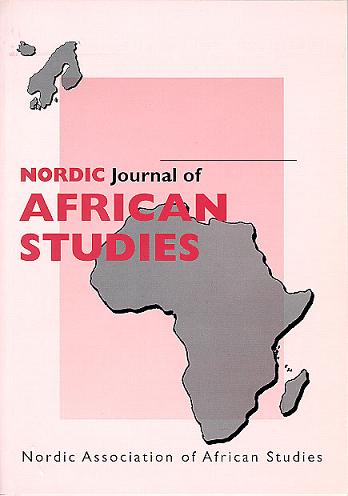
Published 2006-12-31
How to Cite
Abstract
This article is the report of an investigation into the types of languages acquired at different periods in the lives of members of the education elite in a speech community; to wit, the Ikale in the Irele and Okitipupa Local Government Areas of Ondo State. Through the questionnaire administered on about fifty respondents of the target population, the researcher could establish that the average child of the community starts to become bilingual from the primary school stage of his education. This, in effect, makes code-switching and code-mixing manifest in the child's linguistic performance right from his early age. The implication is that, since both phenomena correlate positively with the educational attainment of individuals, English language teachers should devise the means of preventing the demerits of code-switching and code-mixing from adversely affecting the language acquisition process of the child.
